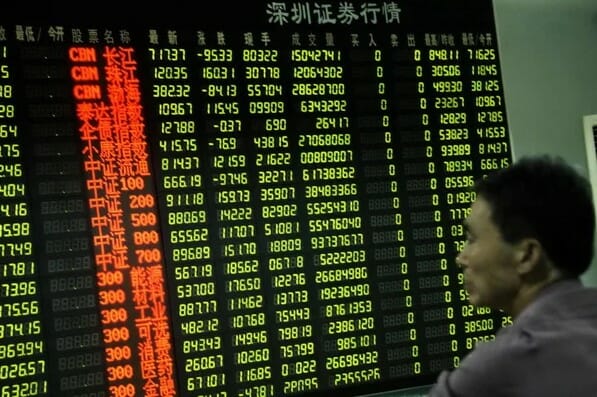In Malaysia, trading volumes were subdued for the week due to public holidays on Monday and Thursday, resulting in a shortened trading week. On the macro level, the financial market for Asia as a whole generally had a positive performance throughout the week, with China onshore recording modest gains, said Principal in the recent Weekly Market Recap.
The stock market in China overall ended mixed after a holiday-shortened week as surprisingly weak manufacturing data tempered sentiment. China’s official manufacturing purchasing managers’ index (PMI) decreased from 51.9 in March to 49.2 in April, indicating a return to contraction for the first time since December.
This change followed Beijing’s decision to abandon its zero-COVID policy. In April, the non-manufacturing PMI also softened, but remained above 50, which separates growth from contraction.
The global financial markets had a mixed performance over the week. Developed markets in the United States and Europe closed with negative returns, while Japan recorded positive gains.
Towards the bond market, concerns about regional banks and the debt ceiling caused a modest decrease in 10-year US Treasury yields, which then moderated during Friday’s trading session (Bond prices move in the opposite direction of bond yields).
In the US, the Federal Reserve (Fed) raised interest rates by 0.25% to a range of 5.00% to 5.25%. The press conference readout underlined the Fed may have raised rates enough, but they still have the option to raise them again later. The committee will decide based on incoming economic data. Jerome Powell the Fed Chair emphasised that rate cuts would not be appropriate unless inflation drops quickly.
The European Central Bank (ECB) raised its deposit rate by 0.25% to 3.25%, in line with expectations, and will end its bond purchase reinvestment programme by July. President Lagarde stated that rates will increase to reduce inflation to 2%, reaching “sufficiently restrictive levels.” This may lead to borrowing and investment changes in the region as the ECB could continue raising rates.
Market narratives have been constantly changing as investors evaluate the latest economic developments. Despite persistent volatility, Principal believes that patience among investors could potentially pay off in the long run. To ride through the global uncertainties, investors are recommended to consider high-quality income focus investment products.
“Our broad strategy continues to be selective with focus on the themes of quality, income and sustainability,” said Principal.
On fixed income, Principal’s preference remains on investment grade and that of longer duration. As they foresee volatility to stay elevated, they are keeping a bias for higher quality credit.
We like bonds with an investment grade rating, ideally in the AA or A, and which could operate in a business that is somewhat immune to the economic cycle,” said Principal.
With regards to equities, Principal favours quality and dividend-paying stocks for their defensive qualities that can help withstand the uncertain macroeconomic and geopolitical conditions. They are positive on Asia as sector earnings are poised to be rerated supported by China’s rapid reopening.
For medium to long-term exposure, Principal prefers assets that offer structural opportunities. The shift towards energy, environmental, food, and technological security are likely to be among the key long-term growth drivers in the years to come.









